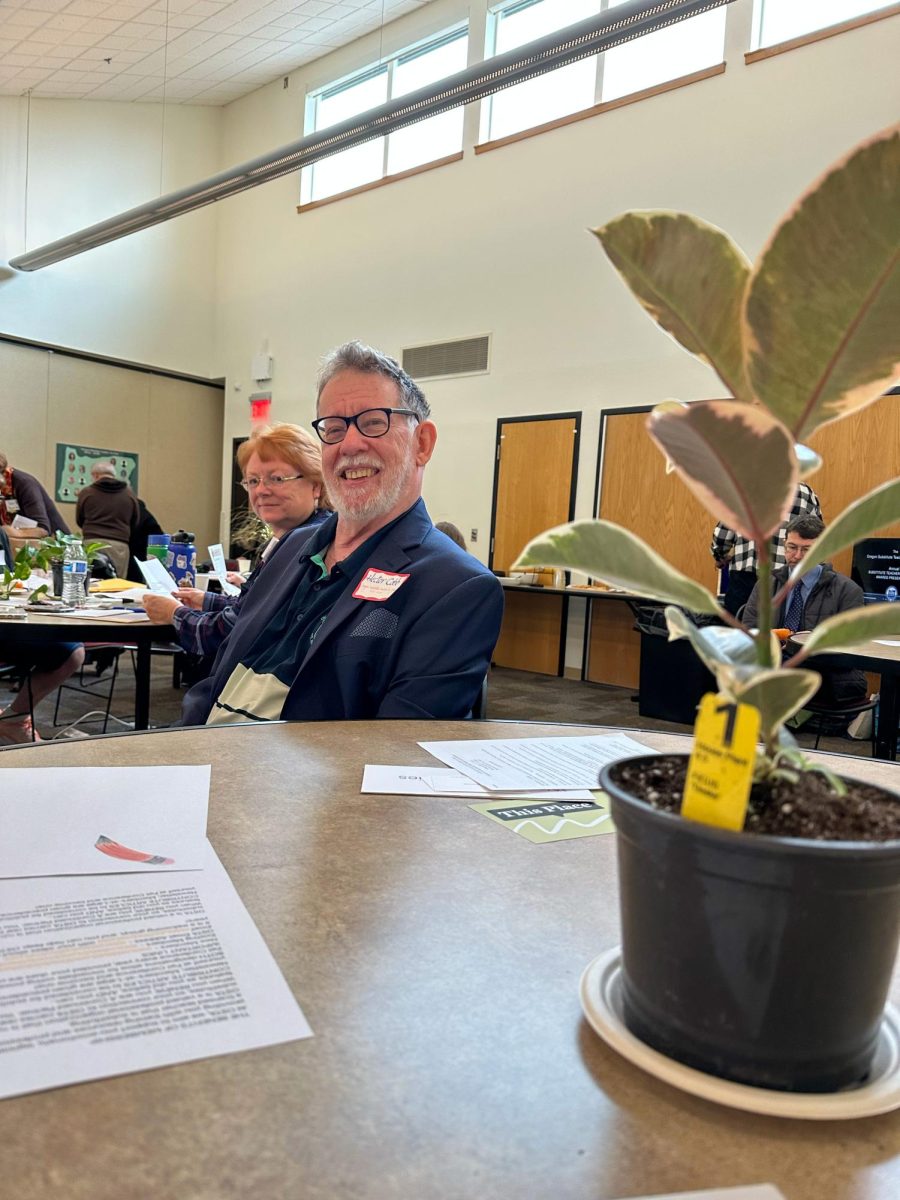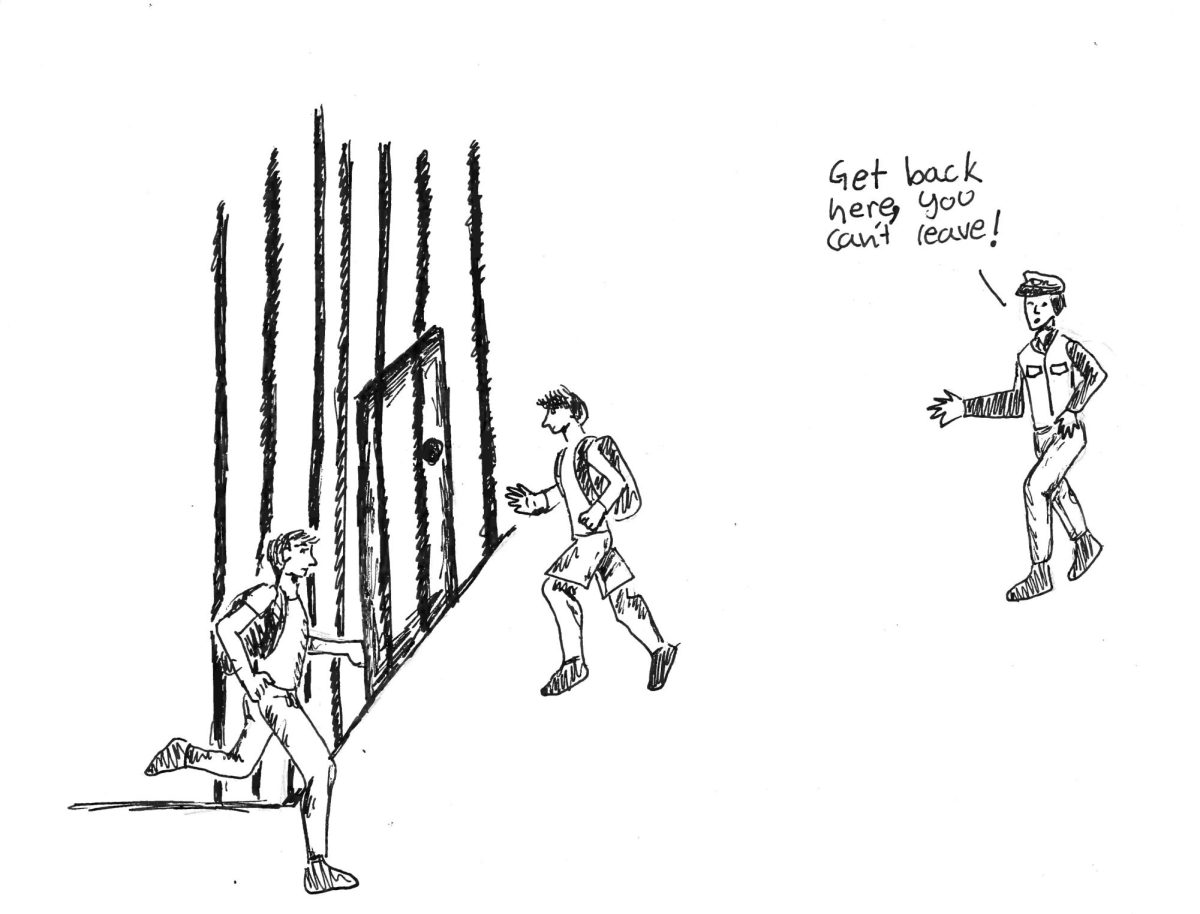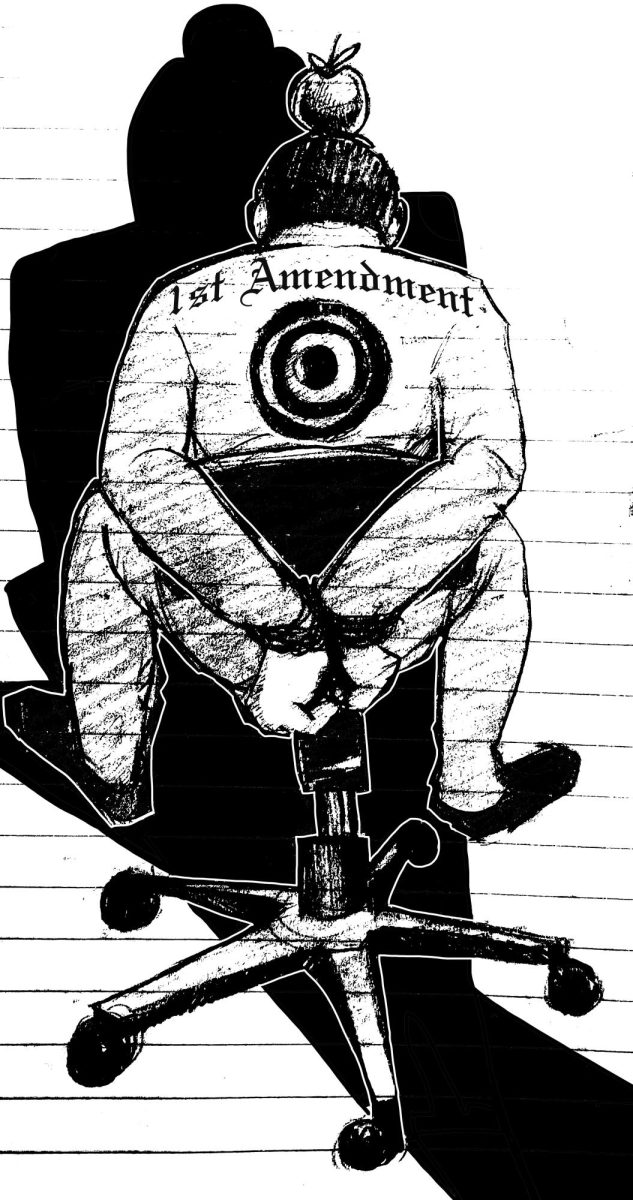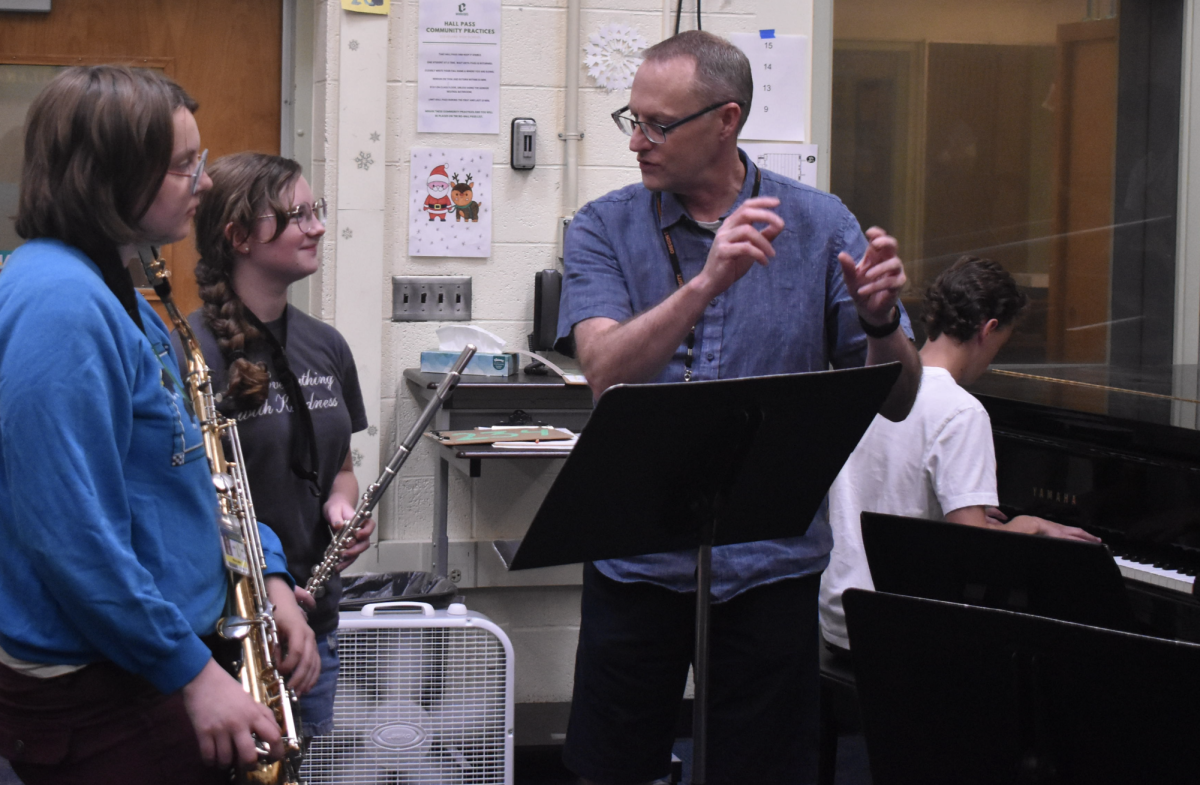Government Shutdown Continues, Democrats Look for Relief as they Take Over House
January 15, 2019
The partial shutdown of the United States Federal Government began on Dec. 22, 2018 and is ongoing at time of publication. The shutdown is due to President Trump and Congress being unable to pass bills to fully fund the government in a timely manner. This is the third partial shutdown in the last year, although the other two only lasted three days and one day, respectively. Trump and Jimmy Carter are the only presidents to have a funding lapse that resulted in a partial shutdown while their own parties held majorities in Congress.
The main dispute is over funds for Trump’s proposed U.S.-Mexico border wall; Congress refused to approve more than $5 billion in federal funds for the wall. However, smaller funding bills were passed, enabling 77 percent of the government to be funded. This allowed some essential operations to continue. Within these smaller funding bills, $1.3 billion was allocated to border security, although no money was approved for the wall specifically.
Although the shutdown is only partial, the effects on federal workers and federal agencies are tremendous. Nine agencies have been affected: Homeland Security, Justice, Housing, Agriculture, Commerce, Interior, and the Treasury. Around 800,000 of 2.1 million federal workers have been furloughed, or temporarily laid off. Some employees deemed essential, such as TSA agents, remain working because they are required to. However, they are not getting paid.. Workers hope to receive pay from during the shutdown when the government becomes fully functioning again, but it remains unclear if that will happen. Many have taken on second jobs or resorted to fundraising to pay bills.
National parks across the country bear some of the most public and obvious signs of the shutdown. 21,000 National Park Service workers have been furloughed, leading the NPS to suspend all non-emergency services. These services include waste pickup, road maintenance, and visitor centers. Roadside trash has created health hazards in Yosemite National Park in California as well as Oregon’s own Crater Lake National Park. In Sequoia National Park and King’s Canyon, also in California, the lack of snow ploughs to deal with wintry conditions has led to an exponential increase in vehicle accidents. Additionally, the decrease in forest rangers has greatly impacted visitor safety in the parks. In Big Bend National Park in Texas, a man had to be carried for hours by a single ranger after breaking his leg on a trail. In Yosemite, a death from a fall went unreported for a week.
Despite these consequences, the shutdown has no end in sight. The 116th Congress was sworn in on Jan. 3, and the House majority changed from Republican to Democrat. The first order of business for the new House was to reopen the government, and two different spending bills passed that would be enough to fully reopen the government. Normally, when bills pass in the House, they go to the Senate. But Senate Majority Leader Mitch McConnell refuses to let the Senate vote on either of the bills, saying it is not worth their time because Trump will just veto them anyway. Congress can override a presidential veto with a two-thirds majority in both the House and the Senate. For both bills in the House, some Republicans broke ranks to vote with the Democrats, indicating that a two-thirds majority might be possible. Although, if McConnell continues to deny the Senate a vote, we will never know.
The impacts of the shutdown are only expected to get more severe. The Supplemental Nutrition Assistance Program (commonly known as food stamps) that millions of Americans rely on could run out of money in early February if a resolution is not achieved. If the Internal Revenue Service does not receive funding soon, the processing of tax refunds could be severely delayed. Trump has threatened to keep the government closed for months, even years, until he gets money for his wall.
For now, it is unclear when the shutdown will end. But until it does, federal workers will struggle, federal agencies will be unable to perform their necessary duties, and millions Americans may lose some of the federal assistance they need to survive.












